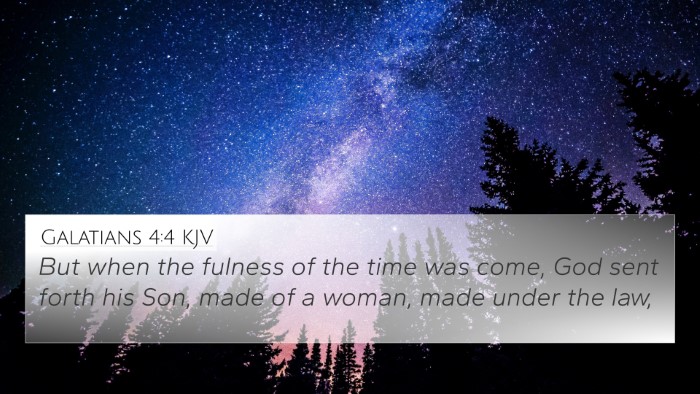Understanding John 6:42
John 6:42 reads: "And they said, Is not this Jesus, the son of Joseph, whose father and mother we know? how is it then that he saith, I came down from heaven?" This verse captures the profound disbelief of the people in Nazareth as they question Jesus's divine origin, showcasing the struggle between spiritual truth and human perception.
Contextual Background
This passage occurs after Jesus performs the miraculous feeding of the five thousand, which significantly impacts the people's view of Him. However, despite witnessing wonders, they fall back on familial familiarity, challenging His claim of heavenly descent.
Thematic Analysis
- Familiarity vs. Faith: The townspeople's mindset illustrates a common human tendency to rely on what is known. They struggle to reconcile their earthly knowledge of Jesus with His divine assertions.
- Divine Origin: This verse emphasizes Jesus's origin from heaven and the implications that carries for His authority and mission on Earth.
Exegetical Insights
From the insights of Matthew Henry, we learn that human reasoning often impedes spiritual understanding. The people could not grasp how one they knew so intimately could claim to have come down from heaven. Albert Barnes remarks on the incredulity displayed, noting that spiritual truths can often be dismissed due to personal familiarity.
Adam Clarke emphasizes the need for divine revelation to comprehend the heavenly nature of Jesus. No matter the evidence presented, unless one is moved by the Spirit, the truth of Christ's divinity can be obscured.
Cross-References
- Luke 4:22: The people's initial amazement at Jesus’s words leads to skepticism as they recall his humble beginnings.
- John 1:46: Nathanael's skepticism about Jesus's origins serves as a parallel to the concerns expressed in John 6:42.
- Mark 6:3: This verse highlights how the people of Nazareth dismissed Jesus due to their familiarity with His family.
- Matthew 13:55: Similar to John 6:42, this verse showcases the questioning of Jesus's origins based on personal knowledge.
- Philippians 2:7-8: Introduces the concept of Jesus emptying Himself, an essential theological counterpoint to people’s limited perceptions of His identity.
- John 3:13: Affirms Jesus’s unique relationship with heaven, enhancing the claims made in John 6:42.
- John 8:23: In this verse, Jesus further asserts His divine origin, calling attention to the misunderstanding of those around Him.
Conclusions and Application
John 6:42 serves as a reminder of the challenges inherent in understanding Jesus's full identity. It stresses the need for faith that transcends physical proximity and familiarity. The resistance of the Nazarenes highlights a broader theme in Scripture: God often does unexpected things through ordinary circumstances and people.
Resources for Further Study
- Bible Concordance: A tool for exploring various biblical references related to themes in John 6:42.
- Bible Cross-Reference Guide: Assistive materials that help identify related scriptures and themes.
- Cross-Referencing Bible Study: Different methods for understanding the connections between verses.
- Bible Chain References: A technique used to track and analyze biblical themes across different passages.












